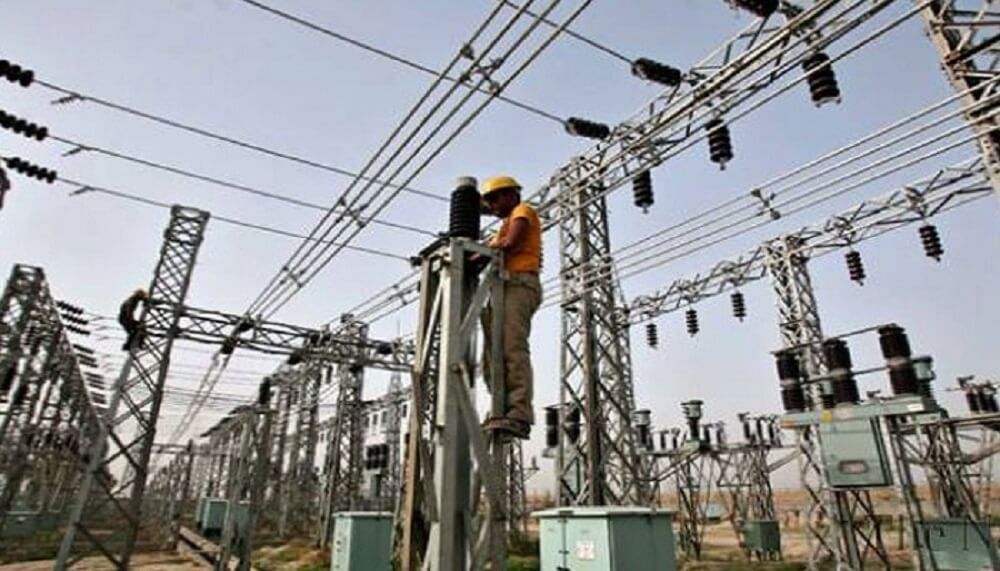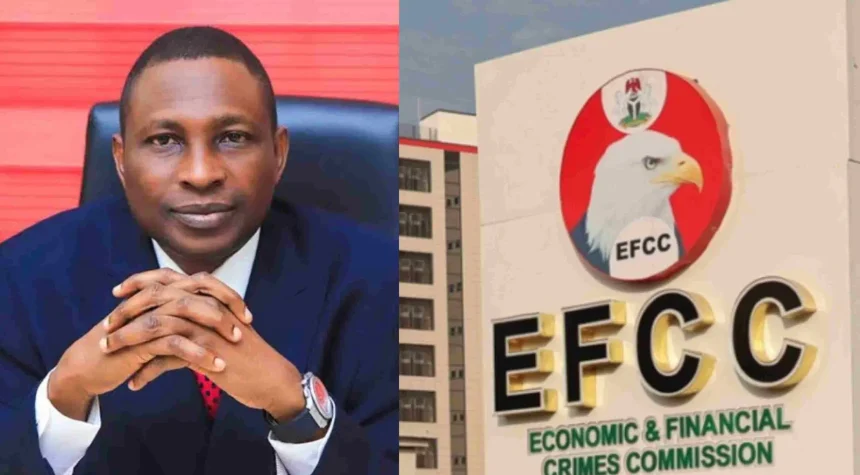Nigeria’s Power Crisis Tied to Widespread Corruption, Says EFCC Chairman Ola Olukoyede
In a revealing discussion, the Chairman of Nigeria’s Economic and Financial Crimes Commission (EFCC), Ola Olukoyede, highlighted deep-rooted corruption within the country’s power sector as a key contributor to Nigeria’s long-standing electricity issues.
Speaking before the House Committee on Anti-Corruption and Financial Crimes in Abuja, Olukoyede revealed that corruption-driven mismanagement and substandard practices in the power sector have significantly undermined Nigeria’s electricity infrastructure, resulting in frequent outages and grid failures.
Olukoyede detailed how, during investigations, the EFCC uncovered systemic abuses by contractors entrusted with projects critical to the nation’s power supply. These contractors, instead of procuring durable, high-quality materials, often cut costs by using inferior alternatives, such as low-grade electrical cables and equipment.
“If you see some of the investigations we are carrying out within the power sector, you will shed tears,” he remarked. “People who were awarded contracts to supply electrical equipment, instead of using what they call 9.0 gauge, would go and buy 5.0. So every time, you see it tripping off, getting burnt… it falters, and it collapses. This is part of our problems.”
The use of such substandard equipment, Olukoyede explained, has led to recurrent failures that hinder consistent electricity supply and contribute to frequent grid collapses, affecting millions across Nigeria.

Olukoyede also exposed a troubling pattern in Nigeria’s capital project execution, stating that the country has only achieved around 20% implementation of its capital budget in the past 15 to 20 years. This chronic shortfall in project completion has stifled Nigeria’s infrastructure and growth potential.
READ ALSO: India PM Modi to visit Nigeria, Guyana and Brazil for G20 Summit
“We discovered that in the last 15 to 20 years, we have not achieved up to 20% of our capital project implementation and execution,” he said. “How can we expect infrastructural development? How can we grow as a nation?” He added that the EFCC is now focused on raising this rate, setting a target to work with the National Assembly and relevant government directorates to reach a 50% completion rate for the current year’s capital projects.
“If we achieve 50%, we will be fine as a nation,” Olukoyede asserted. “The lack of implementation of the capital budget is one of Nigeria’s major problems. And if we tackle that effectively, we will make progress as a nation.”
In addition to tackling corruption in the power sector and capital project implementation, the EFCC is contending with an overwhelming caseload across Nigeria’s 36 states and 774 local government areas. Olukoyede disclosed that the commission has received over 17,000 petitions this year alone, with more than 20,000 active investigations currently underway.
“Between last October and now, we have opened over 4,800 new cases,” he noted, adding that the EFCC’s staff is limited to under 5,000 personnel. Despite this constraint, the EFCC is tasked with overseeing over 700 Ministries, Departments, and Agencies (MDAs), underscoring the enormity of the agency’s workload as it works to bring accountability to Nigeria’s government and public sectors.
Olukoyede’s revelations paint a stark picture of the challenges facing Nigeria’s development and underscore the need for sustained reforms and stronger accountability. The EFCC’s commitment to fighting corruption at all levels of government, especially within sectors critical to Nigeria’s growth, could serve as a turning point if met with adequate support and resources.

By addressing corruption in the power sector and improving capital project execution rates, Nigeria stands a chance to not only improve its energy reliability but also to unlock its infrastructural and economic potential.
As Olukoyede emphasized, the EFCC’s success in battling corruption hinges on collaboration with the National Assembly and the Nigerian public. With continued effort and systemic change, Nigeria could see a future where transparency and accountability in public projects support sustainable national development.

